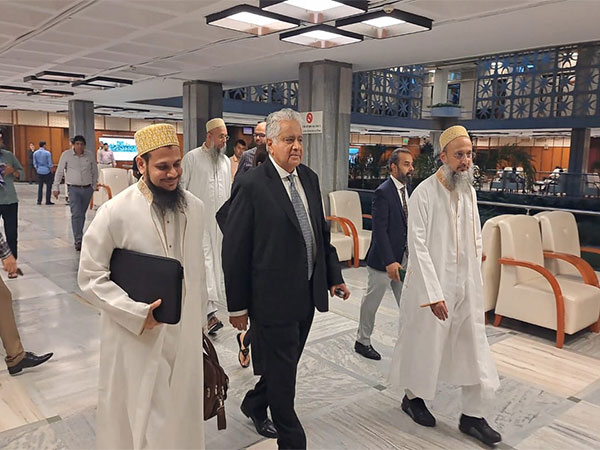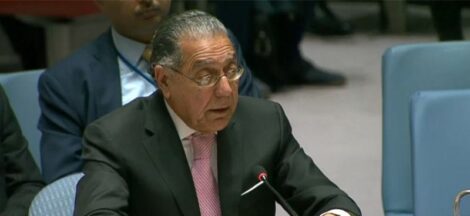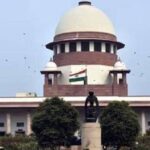The Dawoodi Bohra community, a minority Shia sect known for its distinctive religious and cultural practices, has urged the Indian government to exempt it from the provisions of the Waqf (Amendment) Bill, 2024. This bill, currently under review by a Joint Parliamentary Committee (JPC), proposes reforms intended to increase transparency and accountability in the administration of waqf properties across India. However, the Bohras argue that their longstanding self-governance and religious administration models make their community uniquely unsuitable for inclusion under the broader Waqf Act framework.
As the JPC examines the proposed amendments, community representatives have been vocal about concerns that including Bohras under the waqf jurisdiction could disrupt their internal management of assets and services. The Dawoodi Bohras are governed by the Syedna, the spiritual leader who presides over all matters related to community property, charities, and religious practices through their internal administrative network known as the Dawat-e-Hadiyah. The community asserts that it has historically managed its properties and religious affairs without reliance on external waqf boards, which they believe would create unnecessary oversight and potential interference.
The Waqf (Amendment) Bill, introduced in August 2024, aims to redefine several aspects of waqf property management, potentially altering the powers and responsibilities of waqf boards. One of the bill’s key proposals is to transfer property survey powers from Waqf Boards to local revenue officials. This shift is intended to streamline the identification and registration of waqf properties; however, the move has faced pushback from various Muslim communities who view it as diminishing the authority of waqf institutions. The amendment also proposes to make waqf boards more inclusive, mandating the representation of specific sects and communities, including the Bohras and Agakhanis, if they have waqf holdings in a state. Community leaders argue that such changes may compromise their autonomy.
Bohra leaders, including prominent figures from the Syedna’s office, have conveyed their opposition, highlighting the community’s history of managing properties without state involvement. They underscore that Dawoodi Bohra assets are not held as waqf but are instead designated for community-specific purposes. The community’s management style, based on religious directives from the Syedna, ensures the use of property for philanthropic activities aligned with Bohra religious teachings, such as education, healthcare, and poverty alleviation. This structure, they argue, differs fundamentally from the waqf model, which mandates public benefit beyond specific community boundaries.
The Dawoodi Bohras’ request for exemption comes amid heightened scrutiny of waqf properties and the role of waqf boards. The Indian government has emphasized that the amendments aim to improve transparency, protect waqf properties from encroachments, and ensure better accountability. Nonetheless, several minority groups, including Sunni and Shia organizations, have voiced reservations, especially regarding the expanded powers of local government officials in overseeing waqf assets. These groups fear potential misuse of authority, which could lead to disputes over property ownership and management.
The JPC’s ongoing review has included discussions on whether separate waqf boards could be established for distinct sects like the Bohras and Agakhanis. The proposed amendment suggests that when a community’s waqf properties account for a substantial portion of a state’s waqf assets, separate boards could be established to provide more direct governance. However, the Bohras argue that their properties, unlike general waqf assets, are neither charitable trusts nor open to the public in the same way, making them an unsuitable candidate for waqf oversight.
Community advocates have further argued that imposing waqf regulations could disrupt the Bohras’ religious practices and cultural identity, which have been safeguarded through a self-reliant governance model. They point out that the Dawat-e-Hadiyah has historically ensured strict management of properties, with internal accountability measures that align with religious laws unique to the Bohra faith. This approach, they claim, is in harmony with the community’s long-standing customs and does not necessitate the intervention of state waqf authorities.




 Supreme Court Orders New Bench for AMU Minority Status Hearing
Supreme Court Orders New Bench for AMU Minority Status Hearing 